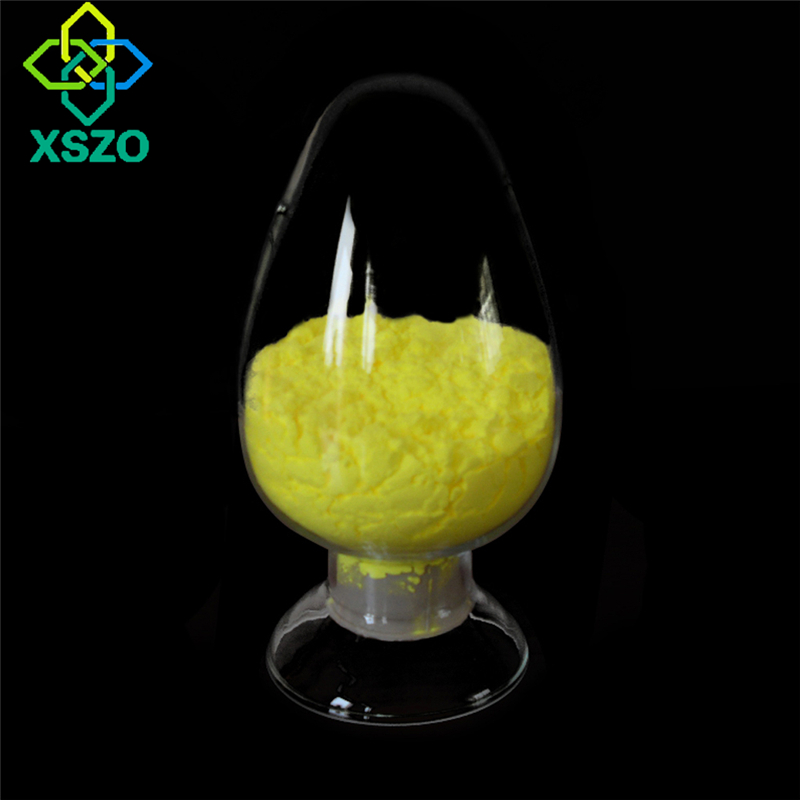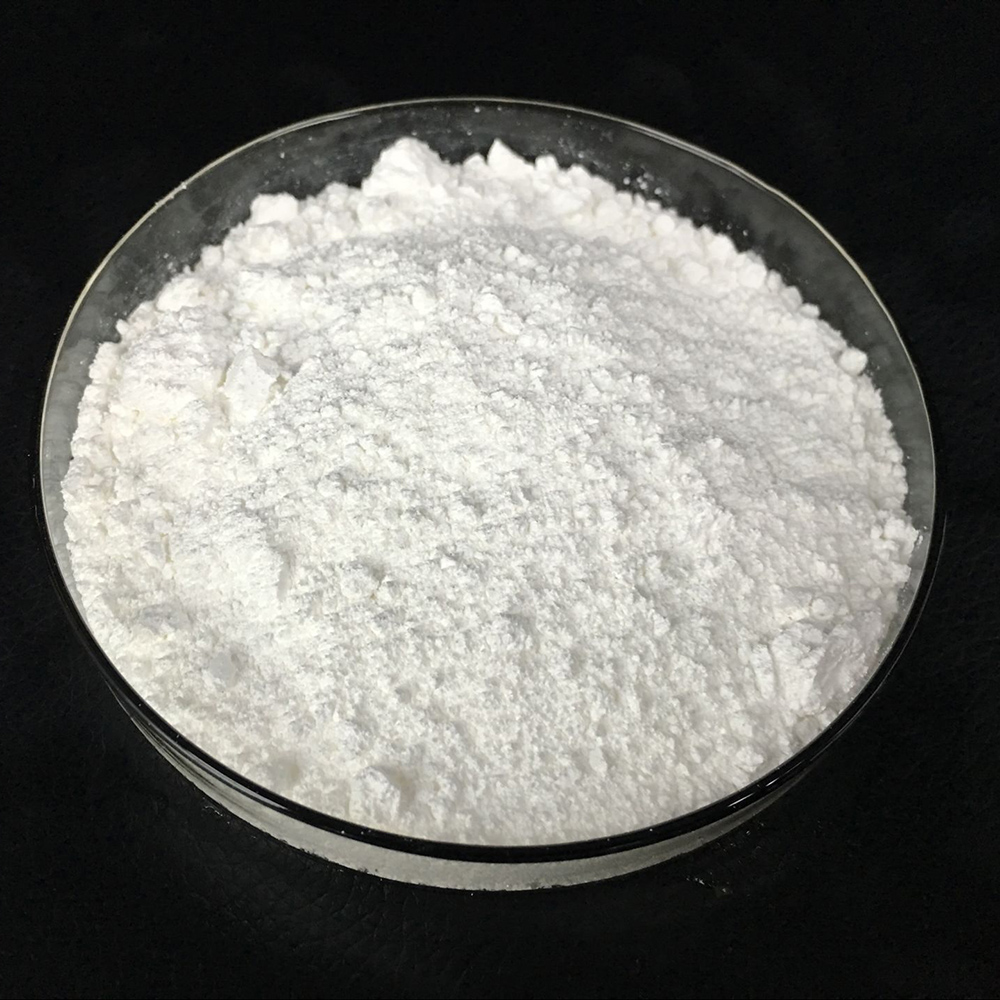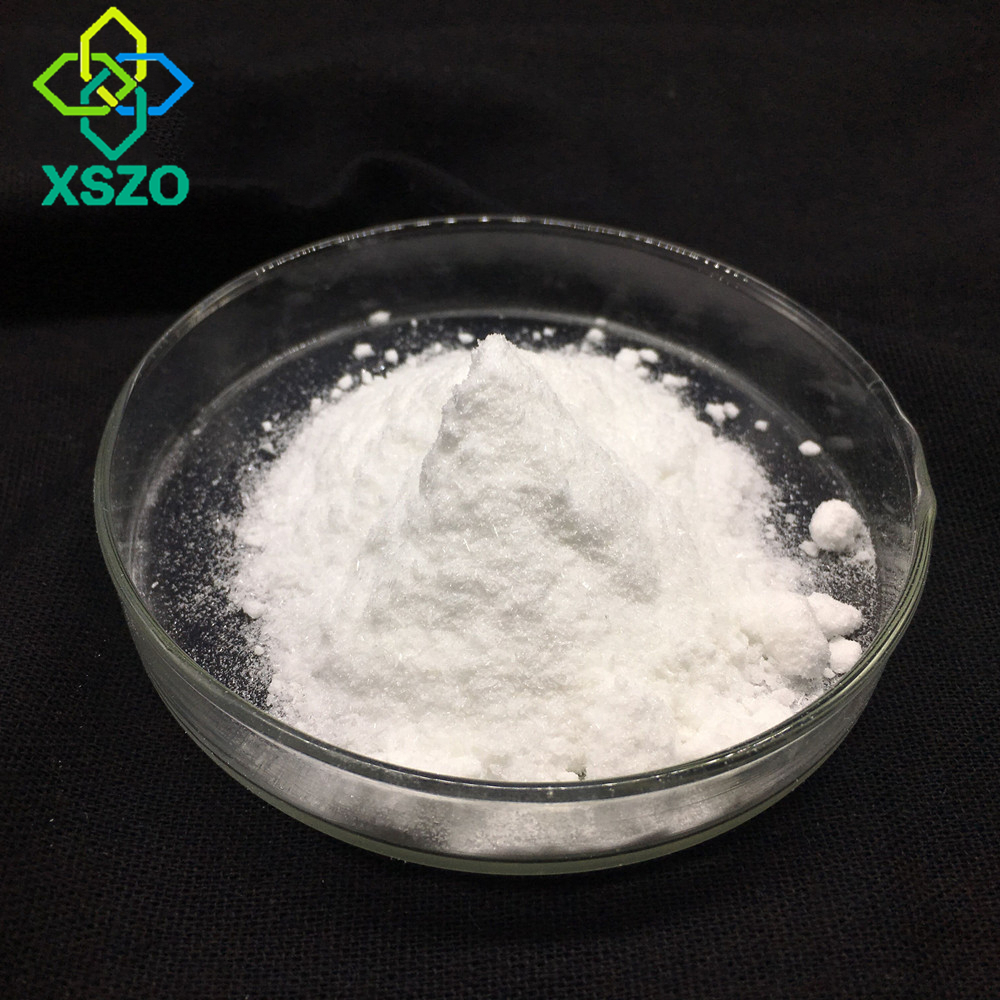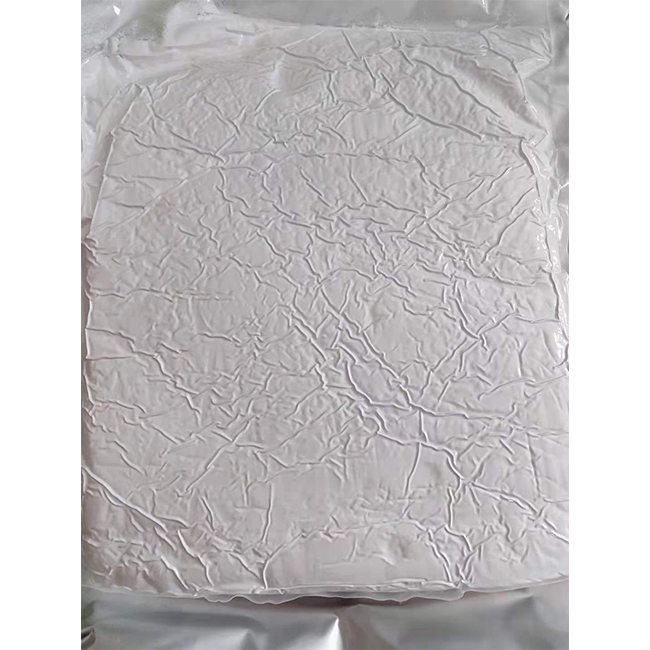Introduction of Sodium Hyaluronate
2022/01/11
Cosmetic grade sodium hyaluronate
Hyaluronic acid is a natural biomolecule that exists widely in the skin and other tissues. It has an excellent moisturizing effect and is called the ideal natural moisturizing factor (NMF) internationally. It is currently found in nature with the best moisturizing properties for cosmetics.
Hyaluronic acid acts on the skin surface
Macromolecular hyaluronic acid can form a breathable film on the surface of the skin to make the skin smooth and moist, and can block the intrusion of foreign bacteria, dust, and ultraviolet rays, and protect the skin from damage;
Mid-molecule hyaluronic acid can tighten the skin and keep it moisturizing for a long time;
The small molecule hyaluronic acid can penetrate into the dermis, can slightly expand capillaries, increase blood circulation, improve intermediate metabolism, and promote skin nutrition absorption. It has a strong anti-wrinkle function, which can increase skin elasticity and delay skin aging. A good skin care product is measured by containing three different molecular weight hyaluronic acid ingredients. Skin care products containing only a single molecular weight hyaluronic acid ingredient have limited effects and cannot exert the best skin care effects of hyaluronic acid.
Hyaluronic acid can also promote the proliferation and differentiation of epidermal cells, scavenge oxygen free radicals, and prevent and repair skin damage. The aqueous solution of hyaluronic acid has a high viscosity, which can thicken the water phase; the paste emulsified with the oil phase is uniform and fine, and has a stable emulsification effect. Hyaluronic acid is the best natural moisturizing ingredient for high-end cosmetics. It has good compatibility and can be added to almost any beauty cosmetics. It is widely used in creams, lotions, lotions, essences, facial cleansers, bath lotions, and shampoos. In cosmetics such as hair extender, mousse, lipstick, etc., the general addition amount is 0.05-0.5%.
Pharmaceutical grade products
Hyaluronic acid is the main component of connective tissues such as human intercellular substance, vitreous body, joint synovial fluid, etc. It plays important physiological functions in the body such as water retention, maintenance of extracellular space, regulation of osmotic pressure, lubrication, and promotion of cell repair. Hyaluronic acid molecule
Pharmaceutical grade hyaluronic acid
Contains a large number of carboxyl and hydroxyl groups in water; the solution forms intramolecular and intermolecular hydrogen bonds, which makes it have a strong water retention effect, which can bind more than 400 times its own water; at higher concentrations, due to the intermolecular hydrogen bonds The complex three-level network structure formed by the action, and its aqueous solution has significant viscoelasticity. As the main component of the intercellular matrix, hyaluronic acid directly participates in the regulation of electrolyte exchanges inside and outside the cell, playing a role as a filter for physical and molecular information. Macromolecular hyaluronic acid has an inhibitory effect on cell movement, proliferation, differentiation and phagocytosis, while small molecule hyaluronic acid has a promoting effect. Hyaluronic acid has unique physical and chemical properties and physiological functions, and has been widely used in medicine.
Hyaluronic acid can be used as a viscoelastic agent in ophthalmic intraocular lens implantation operations, as a filler in joint operations such as osteoarthritis and rheumatoid arthritis. It is widely used as a medium in eye drops and is also used for postoperative prevention Adhesion and promote the healing of skin wounds. The compound formed by the reaction of hyaluronic acid and other drugs exerts a slow-release effect on the drug, and can achieve the purpose of directional and timed release. With the development of medical technology, the application of hyaluronic acid in medicine will become more and more extensive








